What Will Social Re-Entry Look Like for Our Youth?
The pandemic taught us to think differently about, well, everything. As we continue to roll out the vaccine, we will likely remain cautious about our health and social practices. An audible sneeze or cough, whispering a secret into someone’s ear, even a handshake, are things we now approach from a new vantage point- and not necessarily a negative one.
The effects of Covid-19 are as varied as the individuals who experienced it, and families who lost loved ones to the disease fared the worst. There are those who struggled with mental health challenges due to social isolation and lost employment. Conversely, others have claimed a newfound awareness of the benefits of family, home fires burning and the simple things we were forced to cling to. I’ve even heard people say, “Is it bad that I’m happier?” because Covid gave us license to go inward, and unbeknownst to us, we were desperate for the return.
It’s easier for adults to see some of these changes as positive, having lived for decades under the banner of social freedom. But what will re-entry mean for teens and young adults whose development, individuation, and identity centers around interacting with other young people? As any parent knows, teens care greatly about what other teens think, wear, say and do, much more than they care about what their family members are up to. It’s a normal aspect of the individuation process and adults who can go along with it find that the ride is that much sweeter.
As someone who works with teens ‘on the regular,’ I was amazed at how the young people I knew handled the challenge of social restrictions. A primal life-stage-enhanced phenomenon took over and along with it a distinct group mentality set in. Suddenly, it wasn’t cool to go unmasked. Significant judgement might occur if an individual decided to go renegade and say, share their water bottle with someone else. My guess is that in every teen circle there were those who bucked the protocol since young people were among those least likely to follow the guidelines of social distancing. The point is that however often they may have failed, there were as many occasions when they got it right, and often at significant social cost.
The challenges of the past year have shaped us in ways we are just beginning to understand. We can never go back to the previous “normal” and it is unclear what our new normal will be. Most likely, we will approach human connection, intimacy, fun and freedom from a new and wizened vantage point. While all of us account for and observe these changes, our youth experience them in ways that impact their development and self-concept: Do I worry about getting too close to other people? Do I go to a gathering with people I don’t know well? Do I trust that all my friends can be together unmasked when I don’t know who has been vaccinated? These are just a few of the questions young people might ask themselves and each other.
As with every aspect of the pandemic, there are several truths that exist simultaneously for young people. Many teens have struggled with anxiety and depression as a result of Covid, while others have declared that social distancing and online classes were easier for them. Either way, there is cause for hope since teens will most likely return quickly and with great gusto to business-as-usual with their friends and social contacts.
Parents and caring adults may even worry that they will re-enter with less intuitive skill and sound judgement, since they were effectively “benched” from the game of social skill-building for eighteen months. But with all the lost opportunities and lonely moments, many young people have also learned that they have resilience, and are global citizens responsible for their own health and well-being, along with contributing to the well-being of the community in which they live. So, how can we support their social re-entry in a way that facilitates healthy individuation, self-knowledge and safety? Perhaps we can capitalize on the decision-making capability young people have had to cultivate during the pandemic in support of healthy decision-making in general.
Teens have had to use common sense and rely on their intuitive skills in order to navigate the challenges of the past year. How their intuition has served them- what their gut instinct tells them and what they do in response- these are questions that serve not only their medical safety, but their physical and sexual safety as well.
In the Be Strong, Be Wise program, we ask teens reflective questions to help them build self-knowledge and better understand their approach to sexual safety. Here are some questions about the social distance experience that will help teens integrate the skills they acquired:
How did you handle the challenge of social restriction and what did you learn about yourself?
Would you say your approach to social experiences has changed over the past year, and if so, how?
Did you ever have to rely on your intuition to manage risky social scenarios? If yes, what did that intuitive reaction feel like to you?
Would you say you learned to trust your gut instinct more as a result of Covid, if so, how?
Would you say you have more common sense than you did before the pandemic, if so, how and in what ways?
These questions create curiosity in the self, and teens are often eager to discover new parts of themselves. Since discretionary thinking doesn’t reach maturity until the frontal lobe is formed at approximately age 25, they also support young people connecting with their intuition in ways their brain hasn’t fully caught up with yet. These are questions that benefit all of us as we get to know ourselves in the new normal. For young people, they can also make a significant impact on a safer, healthier future.

